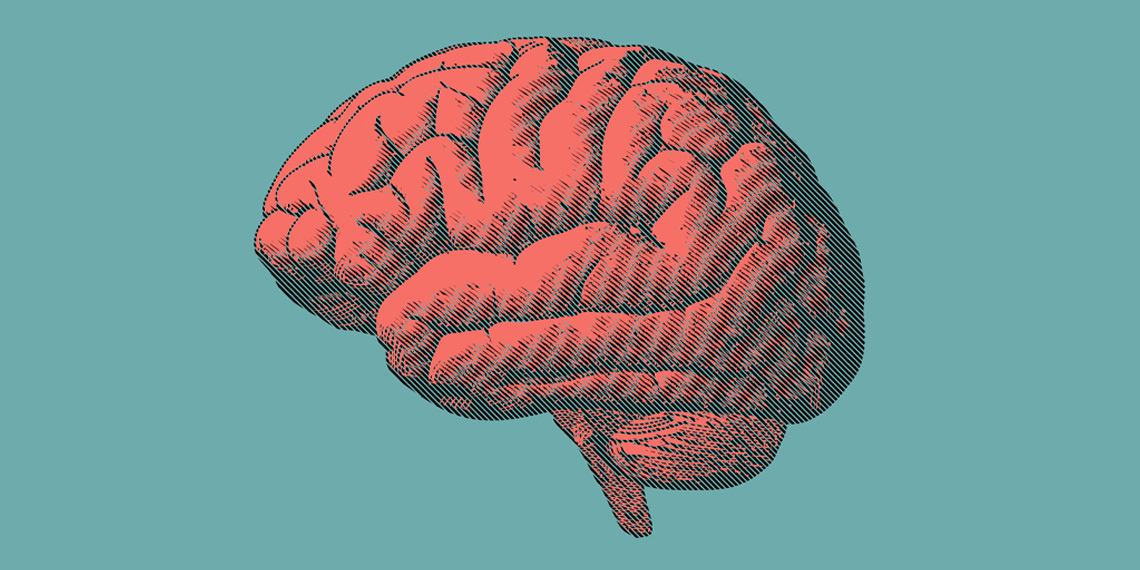Psychology has a repeatability problem. Turns out Zimbardo wasn’t completely honest about how hands-off the researchers were. The Stanford Prison Experiment is the latest famous experiment in psychology that is proving difficult to reproduce.
I remember learning about this in school and the point being driven home: humans are selfish, and the only thing holding society together is a fragile veneer of civility, ready to burst free the moment no one is looking.
What does a selfish human species imply about society? It means that any vision of a community-oriented society, any revolution or reformation that purports to progress beyond a free capitalist market system in order to end capitalist exploitation, is naïve — nay, illogical.
Science has long been regarded as a pure discipline, abstracted from any particular society because of its faithful empiricism. Leftists ought to keep in mind that science, as with all knowledge, has a social character which cannot be separated from its time and place, and not therefore from politics. Science is a tool which may be wielded for technological progress within an egalitarian society, but by the same token may be used to lend authority to a ruling class who almost exclusively possess the means by which that science is carried out.
”[T]he human essence is no abstraction inherent in each single individual. In its reality it is the ensemble of the social relations.” —Karl Marx, Theses on Feuerbach



You've probably read this, but I'm linking it because it has a sources list.
https://www.hamptonthink.org/read/capitalism-and-mental-health
I just remembered what pushed me over the edge with my research actually, lmfao. i was at a conference about suicide (content warning, but i'm not really talking about sui in detail) research,
There was a researcher originally from China (but whose been based in the US for several decades now) that was presenting about how suicide-rates in China had decreased by 75% throughout the 1990's and 2000's, while rates increased around the world by ~30%. In the talk, he was explaining how this reduction was driven by a combination of changing material and social conditions: In a single lifetime, people who were born into deep poverty, who were raised in far away rural areas with little to no technology are now living in major metropolitan areas that rival the West's best cities. At the same time, there's been all kinds of social and cultural shifts about gender norms, self-determination, etc..
I was so interested in this talk, and i felt like all signs were pointing towards some kind of leftist or left-ish conclusion, but then it never happened. His talk just fizzled out. I asked him after the talk: What can Americans working in suicide-prevention, whether its front-line crisis workers or workers involved in policy, learn from his research? Does he think there is anything we in America/Canada can learn from China about how to rethink or reshape our economy to prevent suicide, e.g., uplifting the poor and/or reducing poverty and inequality? And he gave a super lib answers like "keep improving the economy" and "fund fossil fuel, keep driving your car", [keep the imaginary line going up]"
i don't think i've come across that yet, but i'm excited to read it now, thank you!
compared to before finding my groove/niche, i feel 1000x better about my education/career trajectory, but i also think i've grown 1000x times more annoying to some people in my department, lol